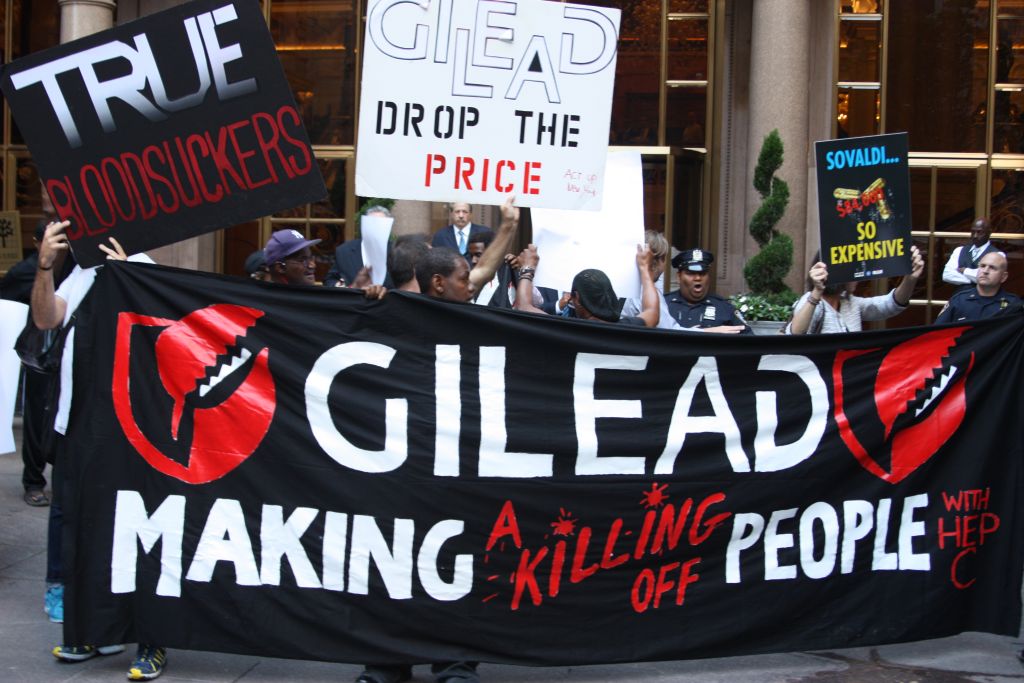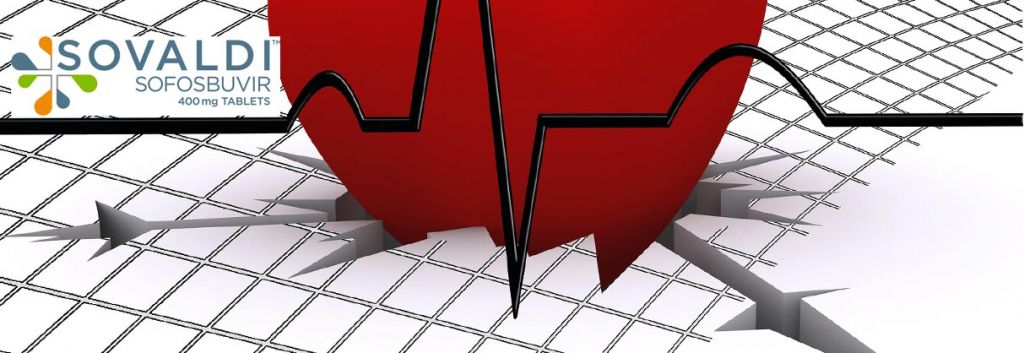Newsletter Signup - Under Article / In Page
"*" indicates required fields
Approved drugs can always show bad signs once injected massively. Four physicians from Paris sent a letter to the New England Journal of Medicine to report that Gilead’s Hepatitis C blockbuster drug, Sovaldi, can cause abnormally slower heart rates and risks of Heart Failure…
 The French Physicians report used data based on 415 patients treated with the drug in 2014. Three of these patients showed abnormally slow heartbeats (bradycardia). The doctor’s immediately implanted pacemakers to ensure a normal heartbeat was resumed. This a low number of patients regarding to the total of patients treated overall, but the Doctors recommended caution and closer monitoring of cardiac activity in treated patients whilst administering the drug.
The French Physicians report used data based on 415 patients treated with the drug in 2014. Three of these patients showed abnormally slow heartbeats (bradycardia). The doctor’s immediately implanted pacemakers to ensure a normal heartbeat was resumed. This a low number of patients regarding to the total of patients treated overall, but the Doctors recommended caution and closer monitoring of cardiac activity in treated patients whilst administering the drug.
This is not the first warning. The FDA released a warning the Hepatitis C drugs could have side effects when taking in conjunction with another drug. Indeed, of the 9 patients taking Solvaldi (or Horvani) in conjunction with heart drug amiodarone, 1 actually died with another 3 afterwards needing pacemakers to correct the bradycardia in May.
Californian Gilead Sciences (US) reacted strongly to the news and told to Bloomberg that the drug taken by itself is not associated with cardiac conduction abnormalities. The spokeswoman even said that these report was based on isolated case reports and should be used to make generalized recommendations.

Of course Gilead does not want this report to hurt the sales of its massive blockbuster. It got this small molecule from the 10.4 billion dollar takeover of Pharmasset, and now generates astronomical sales as a result.
Sovaldi costs between €50 000 and €100 000 (which has been heatedly criticized, including inspiring demonstrations outside the Cali HQ). Indeed, Sovaldi generated $4.8Bn in revenue during the third quarter of 2015 alone. That most be the best sales of a drug worldwide…
This report could cause serious troubles to Californian Gilead. It is still early days for the data, but it could lead to a more closely-observed study and this would hurt prescription of the drug. It could also lead regulators to favorite drugs in development from competitors such as AbbVie and Merck.






